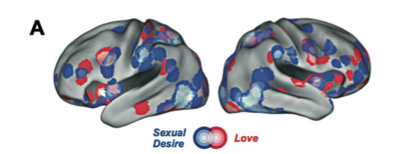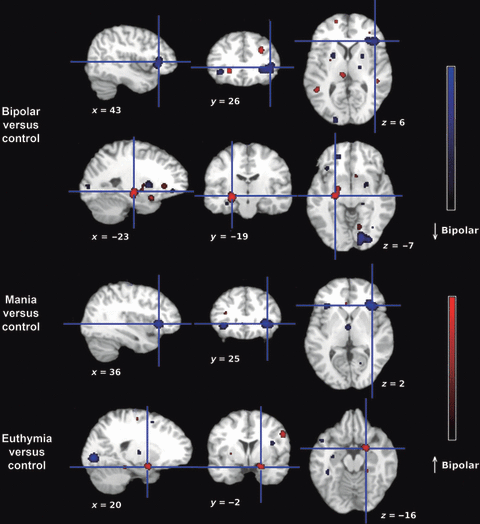I've not so long ago read a book on depression by a Russian psychiatrist Vladimir Levi. The book's title can be roughly translated as "Not only depression, but a pursuit of mood". I have not been able to find an english translation, so I cannot quote it directly.
In that book, the author lists several examples of love-related depression, where a person who drops out of a love relationship experiences symptoms of moderate to severe depression.
This got me thinking - love is often portrayed as the "ultimate goal" in religion, popular culture, movies, etc. The psychiatrist above provides examples that losing love can result in depression. Another condition that is characterized by dramatic uplift in mood and outlook on life is the hypomania stage of Bipolar Disorder. Bipolar disorder is characterized by multiple episodes of hypomania/mania and depression over the course of a lifetime.
Putting both phenomena together, it appears to me that there are similarities, and I'd like to ask these questions:
-Does bipolar disorder use the same mechanisms/pathways in the brain that "love" does?
-If so, can bipolar disorder be considered a malfunction of the "love circuit" in the human brain?
UPDATE: I found this article on neurochemistry of loVe on Wikipedia
Chemically, the serotonin effects of being infatuated have a similar chemical appearance to obsessive-compulsive disorder; which could explain why people experiencing infatuation cannot think of anyone else.[12] For this reason some, such as anthropologist Helen Fisher, assert that taking SSRIs and other antidepressants impede one's ability to fall in love.
From the article on love:
Studies in neuroscience have involved chemicals that are present in the brain and might be involved when people experience love. These chemicals include: nerve growth factor,[8] testosterone, estrogen, dopamine, norepinephrine, serotonin, oxytocin, and vasopressin.[9
From the Wikipedia article on bipolar disorder causes
A review seeking to identify the more consistent findings suggested several genes related to serotonin (SLC6A4 and TPH2), dopamine (DRD4 and SLC6A3), glutamate (DAOA and DTNBP1), and cell growth and/or maintenance pathways (NRG1, DISC1 and BDNF), although noting a high risk of false positives in the published literature.

